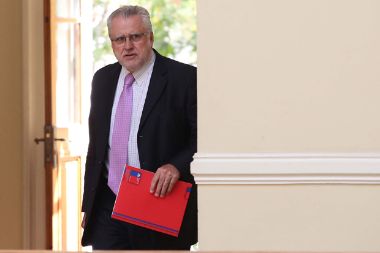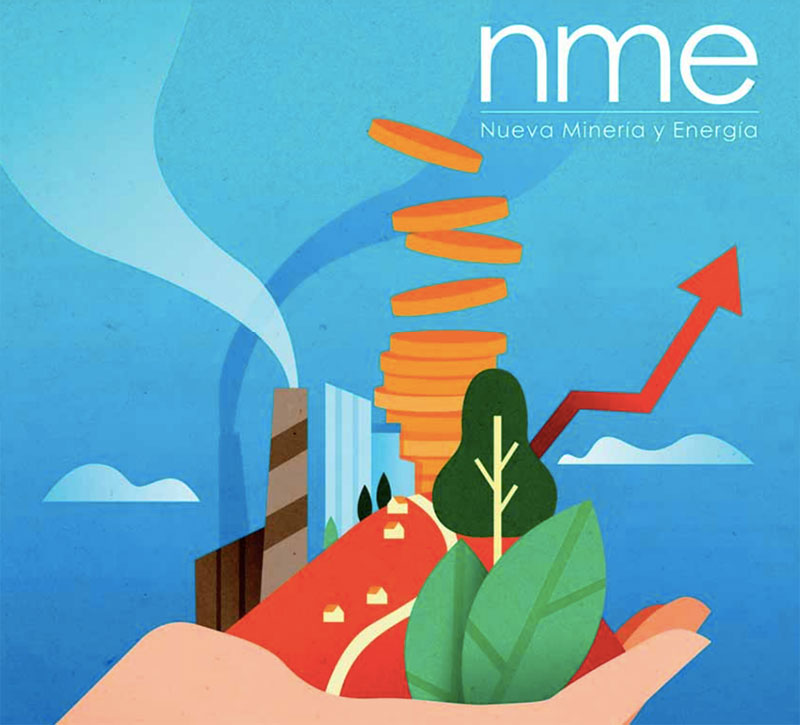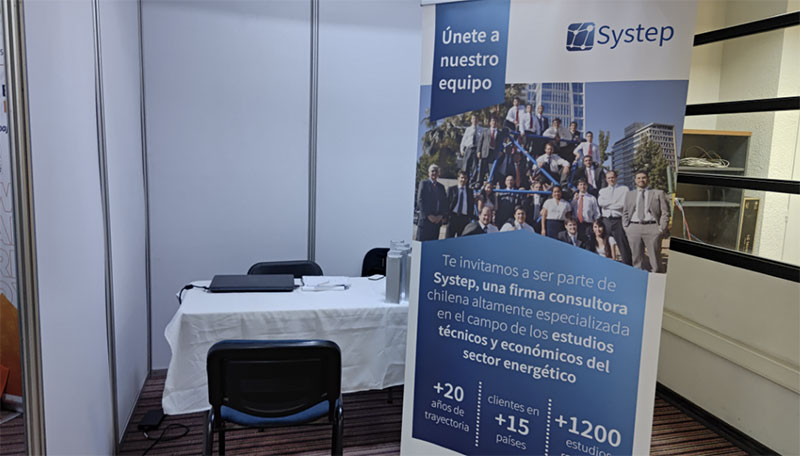
The modifications to the project will be presented at the beginning of April and will include issues such as the compensation required for service unavailability.
Government gathers private sector proposals in amendments to the Transmission Law
The Ministry of Energy will submit 20 recommendations for the law that modifies the legal framework of the transmission systems and creates an independent body for the national electricity system to the Senate in the next few weeks.
According to the Minister of Industry, Máximo Pacheco, these would reflect some of the concerns that the industry has expressed during the coming weeks in the midst of the second legislative instance.
“What is being done is to listen to proposals. We have indicated to the Senate Energy and Mining Committee that we have 20 new indications that will continue to gather the good ideas that can be given for this project,” he said.
“We have 20 proposals for indications that are going to address several of the issues that have been pointed out in the discussion in the Senate Energy and Mining Committee and we are going to present them the following week,” he said.
According to industry sources, these would relate to the articles regarding compensation for supply cuts, as the bill includes severe payments to customers for non-compliance with supply unavailability standards.
According to a study requested by Transelec to the consulting firm Systep, the unavailability of supply would imply increasing the value of compensation by 16 times -80 times the value that the customer pays for energy- which could even lead to the bankruptcy of the sanctioned companies.
This in turn was one of the most debated topics during this week’s session of the Senate Energy and Mining Committee. In it, Transelec’s general manager, Andrés Kuhlmann, assured that the unavailability of facilities would imply payment for damages that, according to general legal principles, are not compensated.
Some of the criticism has also been directed at the composition of the Nominating Committee of the coordinating body.
According to the bill, the members of the board of directors will be elected, in a public and open process, by a Special Nominating Committee that will be composed of one representative from the Ministry of Energy, one from the National Energy Commission, one from the High Public Management Council, one from the Panel of Experts, one dean of a science or engineering faculty of a University of the Council of Rectors and one from the Court for the Defense of Free Competition.
Another issue that could be addressed by the new guidelines would be a simplification of tariff revenues and a payment distribution with a clearer transition mechanism to avoid double payments and imbalances.



